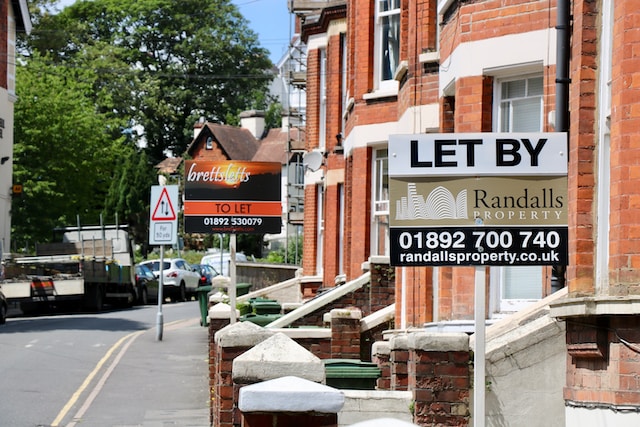The Renters Reform Bill promises to overhaul the rental system in England and Wales, providing more security for tenants. However, alongside a number of proposed changes for the benefit of private tenants, there are also some aspects of the Bill that have caused substantial controversy. Namely, the proposed changes that will make it easier for landlords to evict ‘anti-social’ tenants.
On the 17th May, the Renters Reform Bill was finally published. From here, it will pass through parliament where various issues with the Bill will no doubt be raised and debated.
This blog gives a brief overview of what the proposed Bill means and why it’s generating such mixed reactions.
Renters Reform Bill
The Renters Reform Bill has been in the works since April 2019. It promises to overhaul and modernise rentals and landlord-tenant relationships across England and Wales. Its central mission is to overhaul the rental systems and ‘end the injustice of unfit homes and help protect renters from rising cost of living.’
Proposed Changes
Here’s a quick overview of some of the proposed changes under the Renters Reform Bill:
- End to section 21 ‘no-fault’ evictions
- Extension of the Decent Homes Standard to the rental sector
- End of arbitrary rent review clauses to stop unjustified or arbitrary rents increases
- Landlords will be unable to impose blanket bans on renting to families with children or people who receive benefits
- Easier to rent with pets
- Creation of Private Renters’ Ombudsman to settle tenant-landlord disputes more quickly, outside of court, and with minimised cost
No-Fault Evictions
The abolition of no-fault evictions will mean that landlords will no longer be able to arbitrarily evict their tenants unless they can provide reasonable justification. This change will protect tenants from being evicted unexpectedly.
Anti-social behaviour evictions
On the flip-side, however, the Renters Reform Bill will simultaneously make it easier for landlords to evict tenants who have demonstrated ‘anti-social behaviour’. This comes as part of the Government’s wider-reaching ‘anti-social behaviour action plan’. Under the proposed Bill, the Government will ‘seek to halve the delay between a private landlord serving notice for anti-social behaviour and eviction and broaden the disruptive and harmful activities that can lead to eviction’.
The Bill will therefore expand the ‘discretionary eviction ground’, making it easier for landlords to prove anti-social behaviour in court and widening the definition so that ‘any behaviour ‘capable’ of causing ‘nuisance or annoyance’ can lead to eviction’. Further, evictions of anti-social tenants will be prioritised to ensure minimised delays in the process.
Reactions to these proposed changes
Reactions to these proposed changes have been varied. The Government maintains that empowering landlords to more easily evict anti-social tenants will work to reduce anti-social behaviour overall. Some critics, however, have cited industry and Conservative backbencher lobbying as the reason that the Government is moving to strengthen landlords rights vis-a-vis anti-social behaviour. Many observers have likened easier anti-social behaviour eviction as a ‘back door for landlords who otherwise would have used the no-fault route’, whilst other organisations warn of the potentially harmful impact on victim of domestic abuse who are often subject to antisocial behaviour complaints by neighbours who don’t understand what is happening.
Private property disputes
Disputes with your landlord or tenant are always stressful, even when you’re on relatively good terms. Knowing and understanding your rights and where you stand is essential. That’s why it’s important to work with an expert lawyer who can help you navigate the complexities of property law. Get in touch with our specialist property law team to see how we can help.



